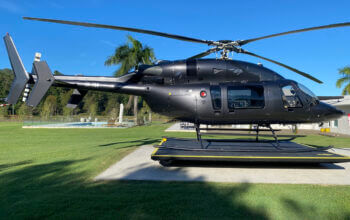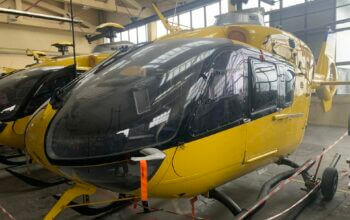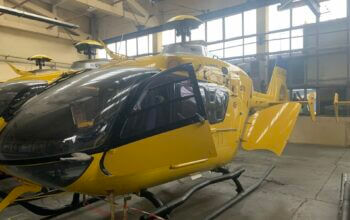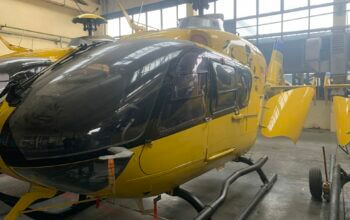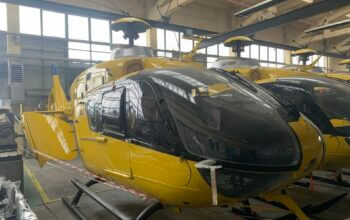Estimated reading time 5 minutes, 28 seconds.
COVID-19’s impact on global air travel is “very visible” in Airbus SE’s financial report for the first half of 2020, and chief executive officer Guillaume Faury said July 30 that it has forced the consortium to “recalibrate” and he believes “we are adequately positioned to navigate these challenging times.”
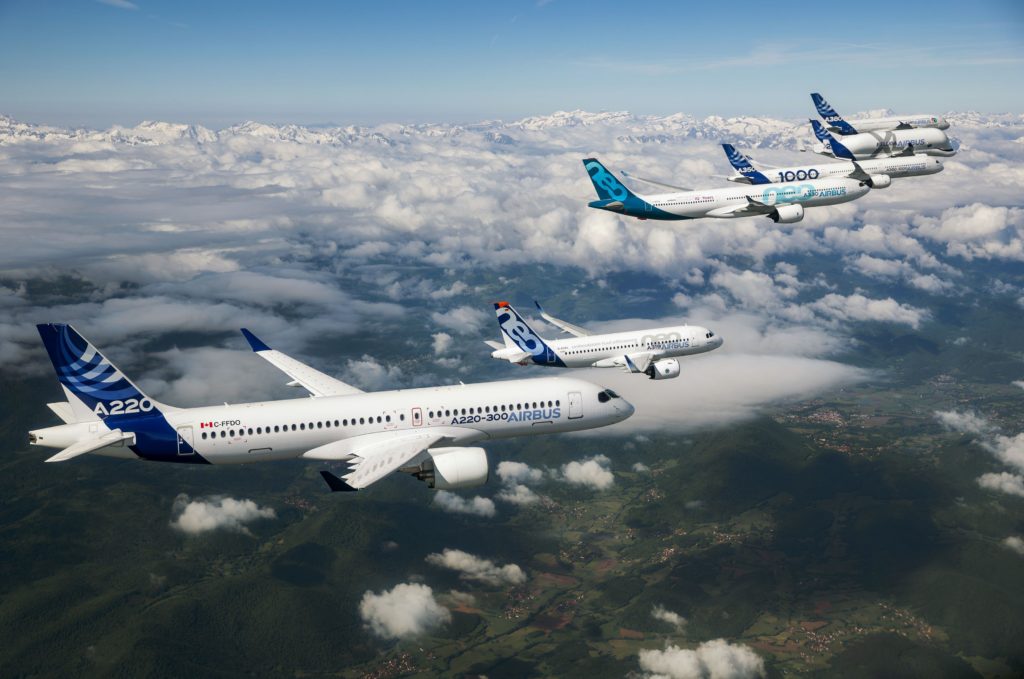
Revenues had totalled $30 billion by the end of June, down 39 per cent from the year-earlier’s $49.1 billion, mainly due to a 50 per cent plunge in commercial aircraft deliveries. The effect on the bottom line was partly offset by favourable foreign exchange rates.
Airbus completed 196 commercial deliveries in the first half of 2020 compared with 389 a year earlier. They included 23 of its latest A350WXBs and five A330s, both wide-bodied platforms. The rest were narrow-bodies, 157 of its A320 family and 11 smaller A220s, which originally were developed as the Bombardier C-Series.
Airbus Helicopters delivered 104 aircraft in the latest half compared with 104 a year earlier, but revenues from that division were relatively stable, the reduced deliveries partly offset by increased service-related revenues. Earnings before interest and taxes (EBIT) amount to $241.3 million in the first half of 2020 compared with $198.5 million.
First-half commercial aircraft orders totalled 298, more than triple the year-earlier’s 88, but there were only eight in the second quarter of 2020. That meant the backlog has grown to 7,584 aircraft at the end of June. The helicopters arm took 75 orders in the latest half compared with the year-earlier’s 123.
Revenues at Airbus Defence and Space were impacted by lower volume and mix, in particular at Space Systems, as well as pandemic-forced delays in some programs, but the value of orders in the first half increased to $8.9 billion.
The conglomerate’s overall EBIT were posted as a negative $2.1 million in the first half of 2019, including some $1.4 billion in pandemic-related charges. That compares with a positive $3.5 million a year earlier. This mainly reflected the reduced commercial deliveries and resulting loss of cost efficiency but Airbus said “adjustments” are already yielding improvements.
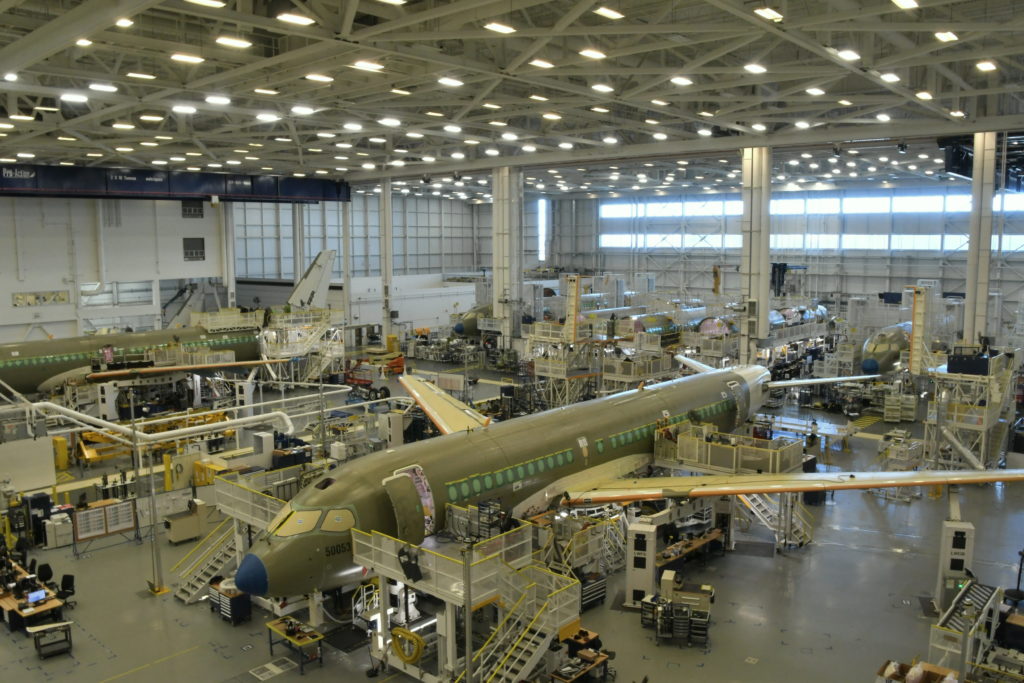
Current commercial production is in line with a revised plan announced in early April. Final A350 assembly in Toulouse, France, has been trimmed to five a month from six. Final A220 assembly at Mirabel, Que., is expected to “progressively return” on the A220, while the Final Assembly Line (FAL) in Mirabel is expected to “progressively return” to pre-COVID levels while the new line opened in May in Mobile, Ala., begins turning out aircraft. The FAL in Mobile opened as planned in May.
The pandemic has meant that Airbus had been unable to deliver approximately 145 commercial platforms by the end of June.
“The impact of the COVID-19 pandemic on our financials is now very visible,” said Faury. “We have calibrated the business to face the new market environment on an industrial basis and the supply chain is now working in line with the new plan.”
Airbus also reported “major milestones” in its A400M transport program, delivering three of the jets in the first half of 2020. They included certification of automatic low-level flight capability and simultaneous paratroop deployment.
On a commercial footnote, Faury confirmed during the teleconference that Airbus had struck a deal to amend contracts with the French and Spanish government for A350 launch financing. This is designed to end a 16-year scrap with Boeing, and the office of the U.S. Trade Representative (USTR), which complained to the World Trade Organization (WTO) that the lending was below prevailing interest rates and that Airbus should be penalized.
The WTO agreed last October that the lending rates were indeed too favourable, freeing the U.S. to apply tariffs on some US$7.5 billion of goods from the European Union, including a 10 per cent tax on Airbus products which Washington subsequently boosted to 15 per cent just as COVID-19 carpet-bombed the aviation industry.
“We have fully complied with all the WTO requirements,” Faury said, adding that “Airbus has left no stone unturned” in searching for a settlement. “This is a clear signal of support to those who are suffering from the severe impact of the tariffs imposed by the USTR, especially at a time when industries are hard hit by the consequences of the COVID-19 crisis.”
